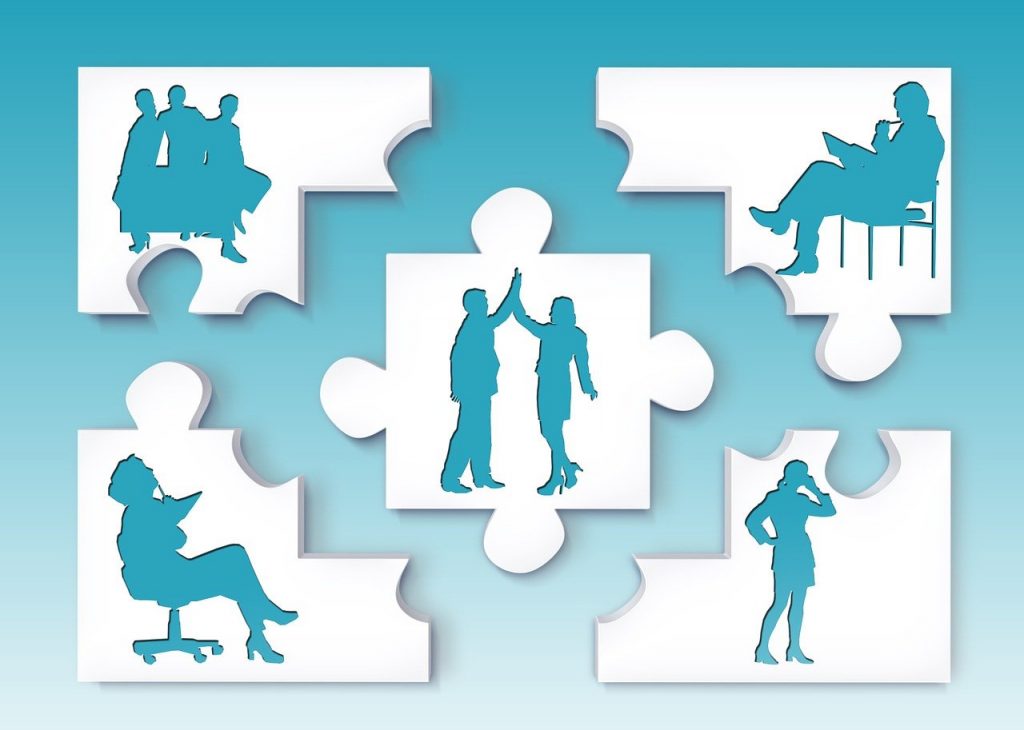Email: admin@megananobiotech.com
MegaNano BioTech Inc.
Our goal is to develop the best immunotherapies for neurodegenerative disease and cancers including vaccines, antibodies.
Business Team
- Irene Bai MPH, is the CEO of MegaNano Biotech, Inc. She has more than 20 years of research experience including cancer biologist, epidemiologist, and biostatistician.
- Chuanhai Cao Ph.D. and MPH will serve as a technical consultant for MegaNano BioTech, Inc. Dr. Cao has over 25 years of research experience and five years of business experience.

Our Services
Our US-based business is located in Tampa, Florida on the campus of the University of South Florida (USF Connect). We are operated by a group of researchers and scientists including cancer biologists, neuroscientists, chemists, and statisticians.
- Antibodies against cancer and neurological diseases
- ELISA kits for cancer and neurological diseases
- Therapies with nutraceuticals for Alzheimer’s disease (AD) and Parkinson’s disease (PD);
Our Products
Sandwich ELISA kits quantitative detection:
Aβ40, and 42, alpha synuclein, and GPC1 protein; ELISA kits for cytokines
Dendritic cell vaccines for animal studies:
Aβ-amyloid based vaccine for Alzheimer’s disease and alpha synuclein-based vaccine for Parkinson’s disease.
Antibodies:
Anti-Aβ (40, 42) antibodies, anti-Alpha Synuclein antibodies, anti-GPC1 antibodies, anti-HIV gp41 and gp120 antibodies
Nanoformulations:
Nano-formula of CBD, melatonin, and coffee for oral and intranasal spray
The novelty of the patent
We have licensed a patent through USF: “an antigen stimulation dendritic cell vaccine”. It is a platform for immunotherapies, such as we can develop for cancer and neurological diseases.
The advantage of the dendritic vaccine can overcome aging-related immune tolerance and bridge the innate immunity and acquired immunity to control overreaction to a vaccine. Dendritic cell vaccines have been used in clinical trials for years and have shown no significant adverse effects.
- Using healthy donors’ blood instead of patients’ blood to generate the therapeutic vaccine;
- Using immature dendritic cells rather than matured dendritic cells to generate the vaccine;
- Using killed and lyophilized antigen-sensitized dendritic cells as the vaccine to open the availability of this cell-based treatment to patients around the world;
- This therapeutic vaccine applies to any antigen-related disease. It has been tested for Alzheimer’s disease and Parkinson’s disease treatment and is under testing for lung cancer and malaria.
Opportunities for Investment

- Vaccine development for the 2nd AD vaccine: We need $5-10 million to bring this vaccine to phase II clinical trial ($2 million to complete the IND application and $8 million to complete the phase I clinical trial). It will take about 2 years to complete the IND application and phase I clinical trial.
- The nasal spray will require $500,000 to bring the product to market (ratio of investment versus profit is 1:8). The formula is prepared, so the mass product can be produced immediately once the investment is in place.
